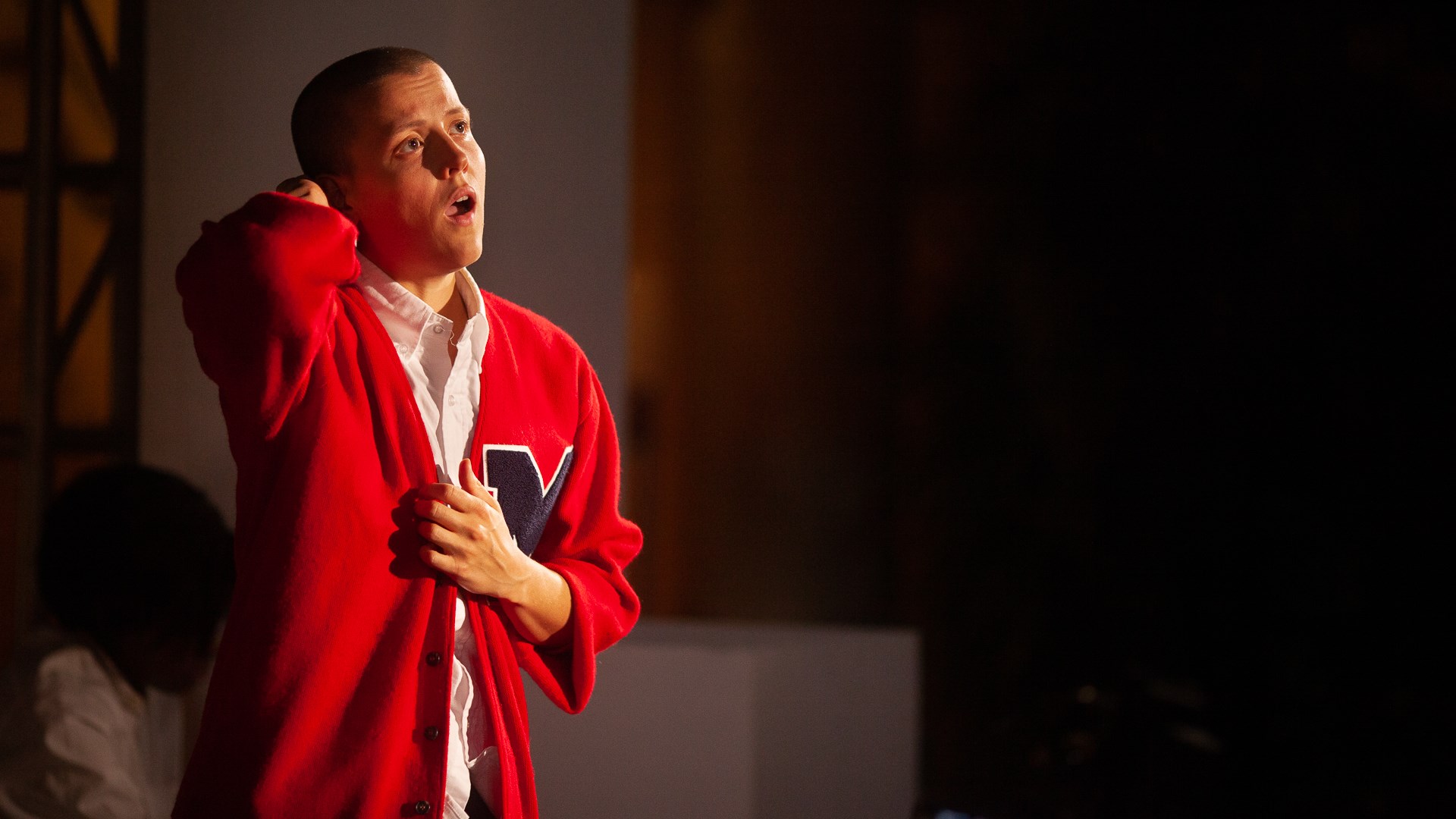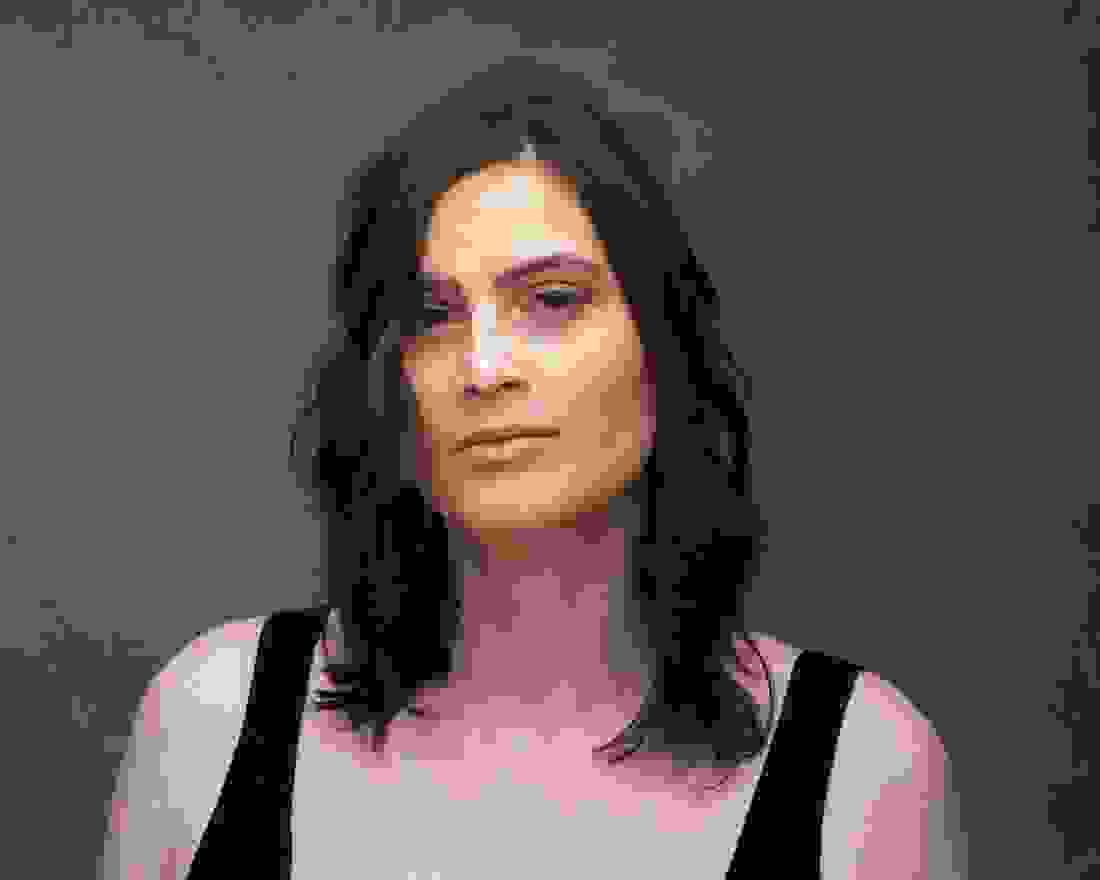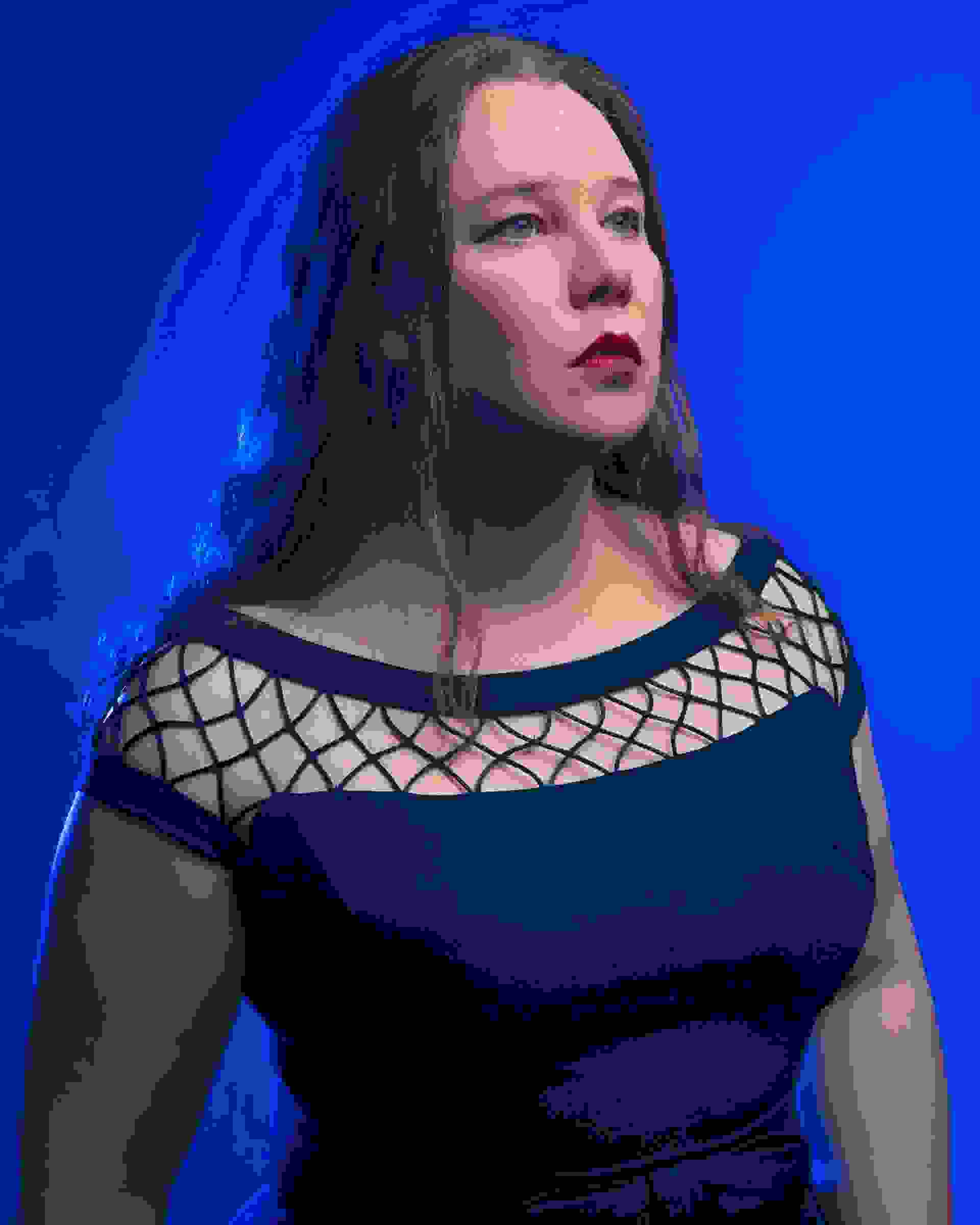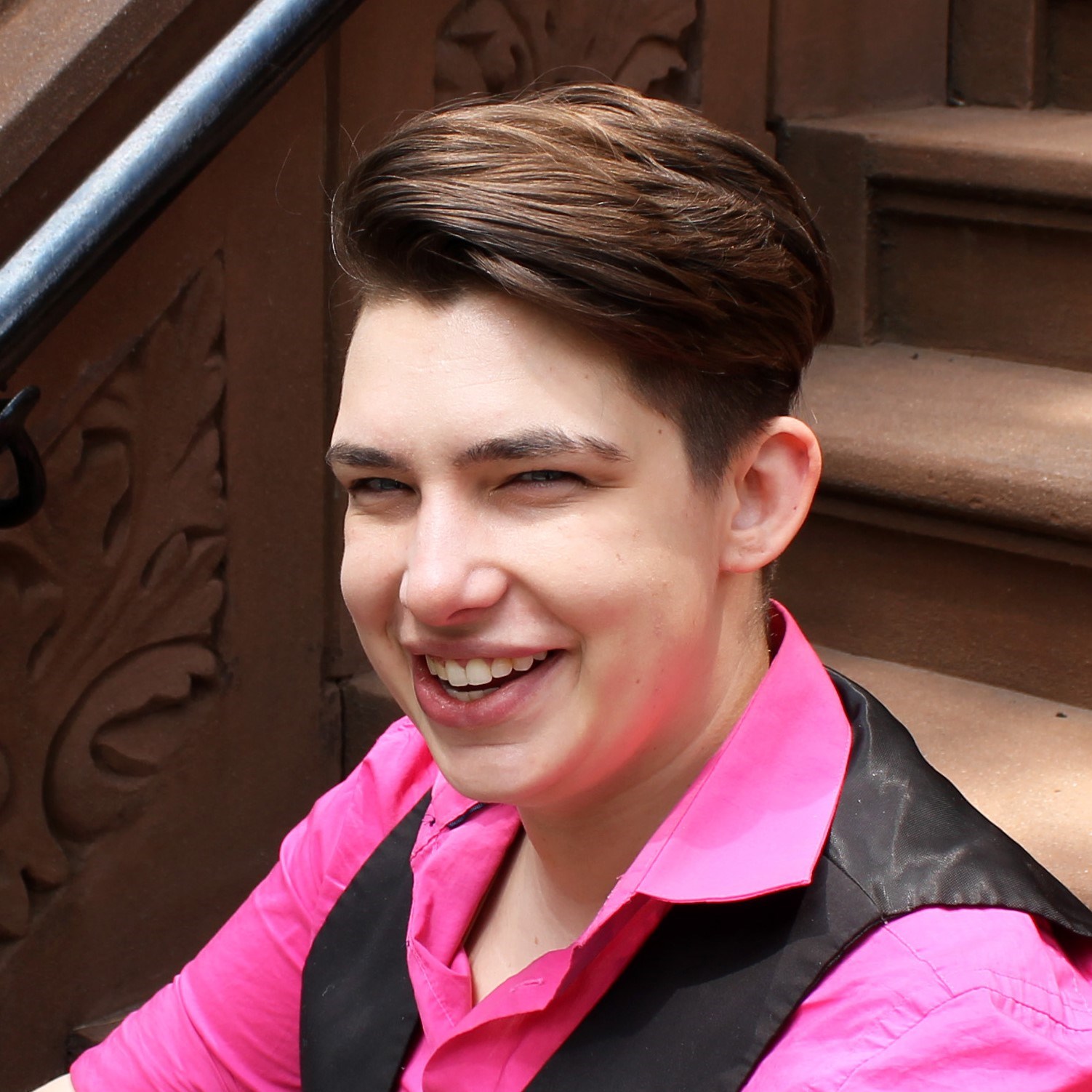Increasing Inclusivity

The opera field, like the broader world of theater, was once egregiously sexist in terms of casting. In the mid-16th century, for example, Pope Sixtus V outright banned women from performing in operas.
Today, the art form has come a long way, but opera still leans heavily on a tradition of strict heterosexual gender roles in its casting and culture. This adherence to outdated gender roles creates challenges for transgender, nonbinary, and other gender non-conforming singers as they seek training and steady employment in the opera field. Such obstacles can range from finding a teacher willing to work with a hormone-changed voice to facing stereotypes during the casting process. The field is making some progress in terms of removing these barriers, but there’s more work to be done as opera strives to become more inclusive.
“During my training, I felt that I had to choose between pursuing a career in opera and being true to myself,” says Katherine Goforth (she/her), a trans vocalist.
She’s far from the first or only trans singer to express such a sentiment. Singers of all genders deal with hormonal changes, but some trans singers have the added obstacle of learning to work with the drastic changes that come with hormone replacement therapy. Hormone replacement therapy isn’t universally desired or required in the trans community, and it doesn’t always affect the voice. But when it does, it can impact the timeline for the voice’s maturation and leave unfavorable gaps on a performer’s resume.
Take Kristofer Koenigin (they/he), a trans opera singer, musicologist, and activist. They performed as a soprano for a decade before transitioning and becoming a tenor, explaining: “I and several other trans singers who sang professionally before transitioning also have the problem of looking inexperienced on paper. For many reasons, I do not list anything that I did as a soprano.”
While the physical aspects of transitioning don’t necessarily impact all trans singers, many say that the personal and psychological aspects can be deeply impactful. “It took me a long time to reconcile my male gender with my high voice,” says male soprano Elijah McCormack (he/him). “I resisted my actual [higher] range both in speaking and in singing, and was somewhat late in coming to the voice world because of it.”
The number of voice teachers who have specifically studied how to work with trans and nonbinary voices has increased over the past few years. There has also been an increase in the number of voice teachers who have specifically studied how to work with trans and nonbinary voices, with some reporting advantages from broadening their pedagogical approach. “It is not different. In fact, the more that I learn about transgender and nonbinary voice pedagogy, the more I apply that knowledge to all of my students,” says Dr. Sarah Maines (she/ her), a voice specialist and cisgender mezzo-soprano.
Indeed, there is a growing body of resources designed to help teachers learn about trans and nonbinary history and vocal pedagogy. Such materials include Susan Stryker’s Transgender History and CN Lester’s memoir, Trans Like Me, which speaks to Lester’s trans journey in the classical voice world. Online, there are webinars from The Voice Lab in Chicago and virtual NATS groups that share their learning. Teachers looking for repertoire for their students can employ New Music Shelf’s Anthology of New Music for Trans and Nonbinary Voices, Vol. 1.1




After years of specialized training, opera singers begin auditioning for professional roles to launch their careers. This gives rise to another set of obstacles. Regardless of gender, singers whose voices do not fit neatly into a predefined voice type (or Fach) or whose gender presentation does not fit into the Western traditional binary face an uphill battle in casting.
When auditioning for roles from the inherited repertoire, trans people are up against long-held ideas of what gender should sing what roles. “I sing for roles in my Fach,” says Lucia Lucas (she/her), a Helden baritone. She explains further: “I have sung with my baritone voice my entire adult life and know the Fach well. So it does not affect what I audition for, but it could affect who auditions me.”
Lucas doesn’t think that the opera industry needs to change specifically for trans singers, but rather that “the opera industry needs to become more inclusive in casting overall.”
Still, many singers are pushing forward and finding joy in their careers, though soprano Breanna Sinclairé (she/her) cautions against pigeonholing trans performers. “That being said, I strive to audition for or play roles that resonate deeply with me, with my imagination, my passions, my dreams, my emotional vehicle, and my history,” she says.
When it comes to new operas, there are a few being written with a more gender-diverse community in mind. Keith Allegretti and Cecelia Raker wrote Good Country for trans tenor Holden Madagame; Drew Swatosh and Brian Dang’s If Only I Could Give You the Sun is a trans/nonbinary retelling of the Icarus myth; and Stefanie Lubkowski’s The Plague Bearer (with a libretto by the author) has a nonbinary lead. Lubkowski (she/her) composed the music after studying the ranges of a few individual nonbinary singers and then writing the vocal line for the specific singer cast in the part. “My advice [to composers] is, have a specific singer in mind, even if you don’t have one lined up yet, Lubkowski says”
“To embrace who you are is a powerful position to be in, and I am grateful to be able to sing with authenticity,” Sinclairé says. Looking ahead, the newly formed Trans Opera Alliance, started by Stella Broussard (they/ them), is planning to release resources to help opera companies support trans and nonbinary artists. According to the organization’s spokesperson, countertenor Bryce McClendon (they/ them), the group hopes to build a non-hierarchical space for community, mutual aid efforts, and visibility. “It isn’t enough for the opera industry to make it a little easier for trans singers to pretend to be cis onstage,” says Goforth. “We need ways for trans singers to be trans, not in a cisgender image of transness but as we individually define it for ourselves.”
This article was published in the Fall 2022 issue of Opera America Magazine.

Aiden K. Feltkamp
Aiden K. Feltkamp (they/he) is a trans nonbinary librettist and creator working toward equity in the field of opera. They live with their partner, cat, parrots, and robot dog.





